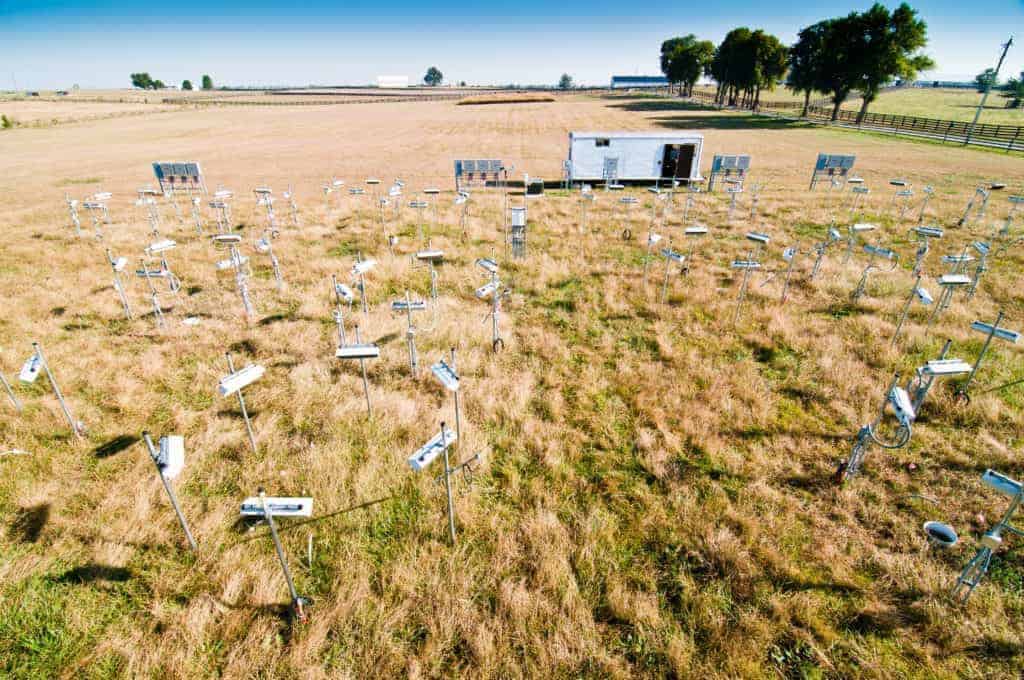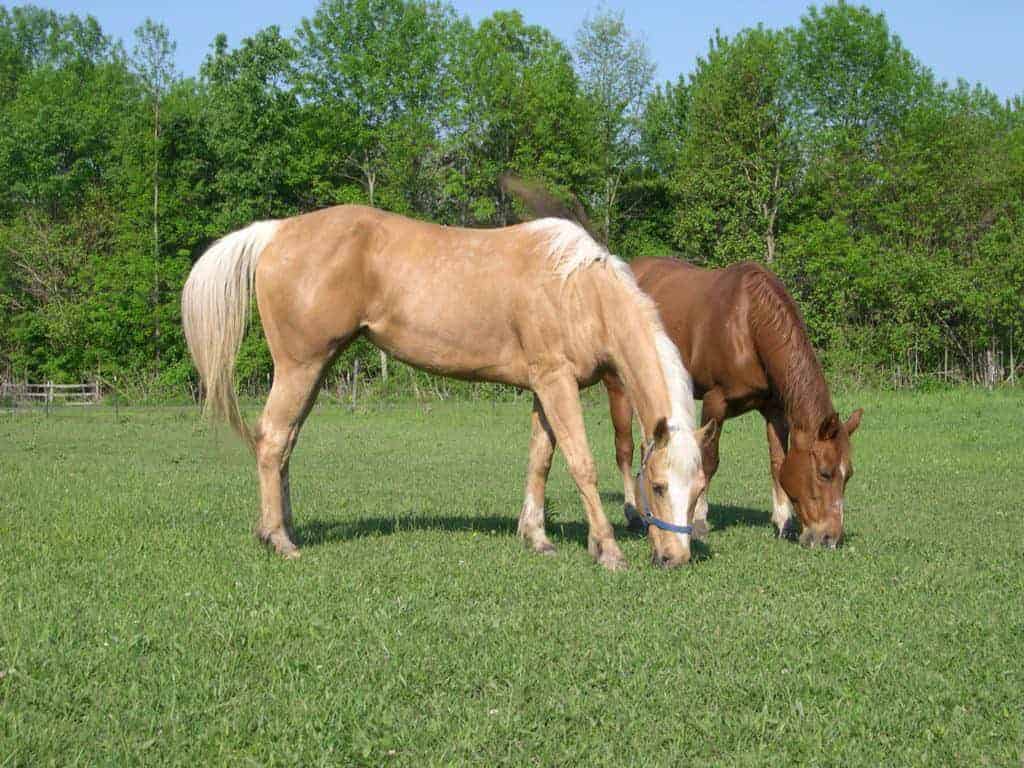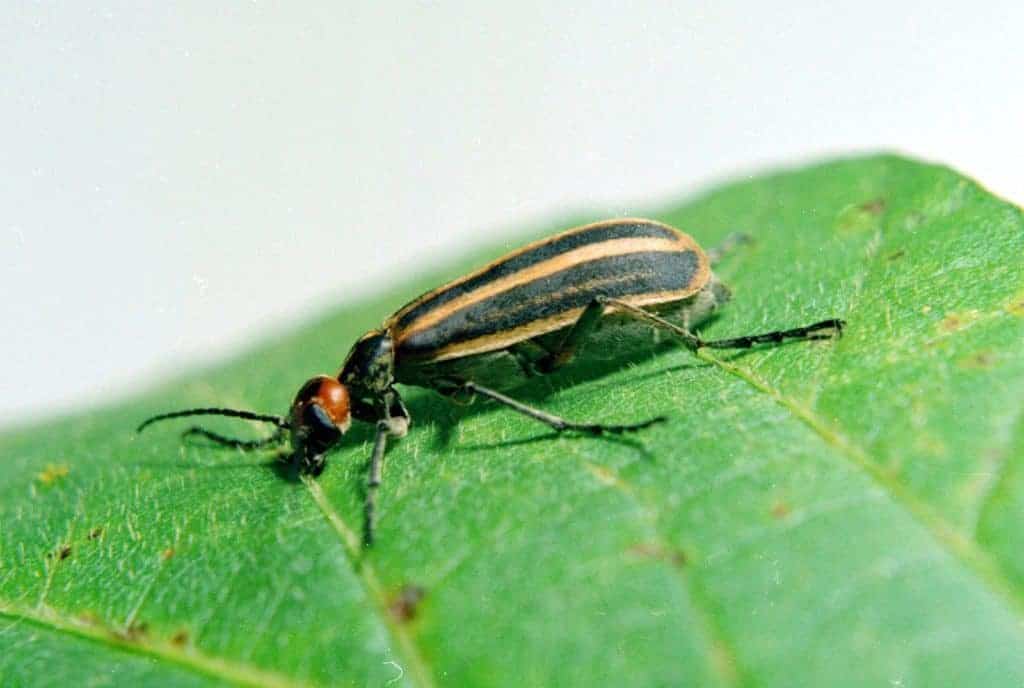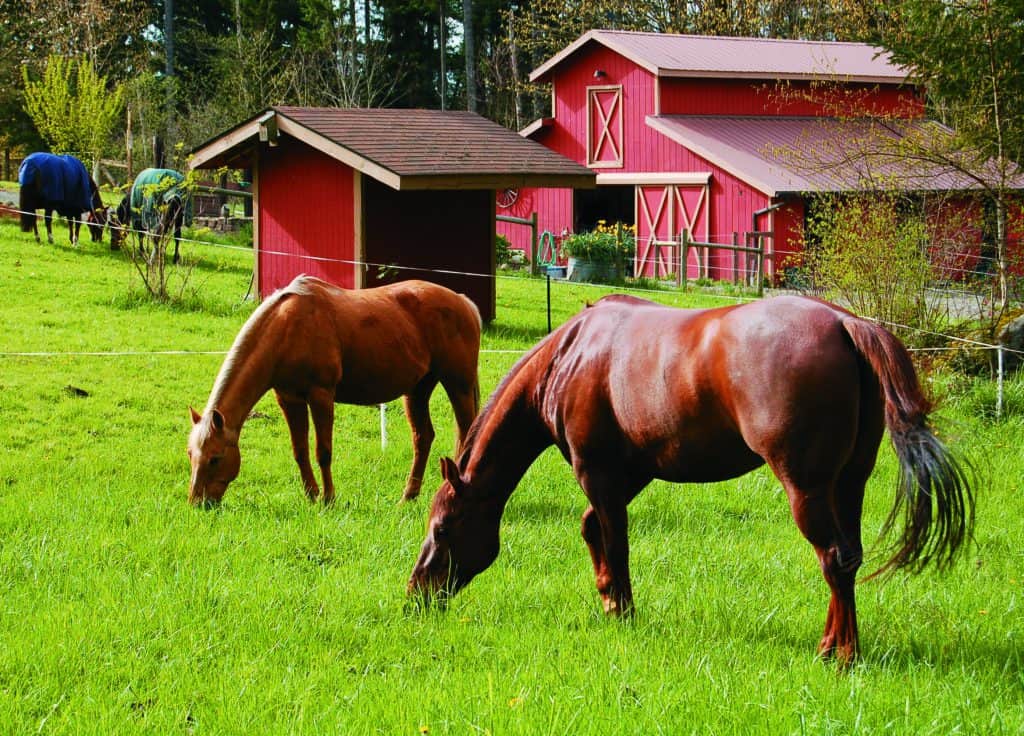
Climate Change’s Effects on Kentucky Horse Pastures
Rebecca McCulley, PhD, is studying how climate change could affect Kentucky pastures’ composition and what

Rebecca McCulley, PhD, is studying how climate change could affect Kentucky pastures’ composition and what

Here are some dos and don’ts that can help to reduce the sugar and simple carbohydrate load in your horse’s diet.
As lush summer grass grows, unfortunately so does your horse’s risk for laminitis.
Education has always been at the heart of the annual Michigan State University (MSU) Ag Expo. Whether it’s a

Assess your geographic region, plant species, soil, and plant stand to help maintain your pastures’ (and your horses’) health.

Having your horse property set up efficiently will make your horse life easier and will give you peace of mind to head out on vacation.
Now is the time for horse owners to assess the lingering effects of spring’s wet weather.

Owners should be aware of a potentially fatal tagalong in healthy-looking alfalfa hay: blister beetles.
When it comes to pasture weed control, an ounce of prevention is worth hours of back-breaking cure.
Wet weather has caused many farm managers to worry about nitrogen losses in their fields, especially in fields
Steps to take after heavy rains to prevent further soil loss, erosion, forage loss, and pasture damage.
Hands-on instruction from UK staff, plus equine and farm equipment displays, at 2011 Farm and Facilities Expo.
Believe it or not, it’s already time to talk about weed control. Getting a handle on weeds early in the spring is the most cost-effective,
Properly managing pastures and carefully overseeing turnout during the spring months is especially important for horse owners, breeders, and managers. At the May 19 Kentucky Equine Networking Association (KENA) dinner meeting, Ray Smith, PhD, of the

Can we as horse owners make a few changes to our horse keeping habits to help lessen our draw on the ecosystem? We can make everyday changes such as recycling and conserving water, but what else can we do to reduce our impact on the environment?

What environmentally friendly management practices might work for you and your farm?
Stay on top of the most recent Horse Health news with
"*" indicates required fields